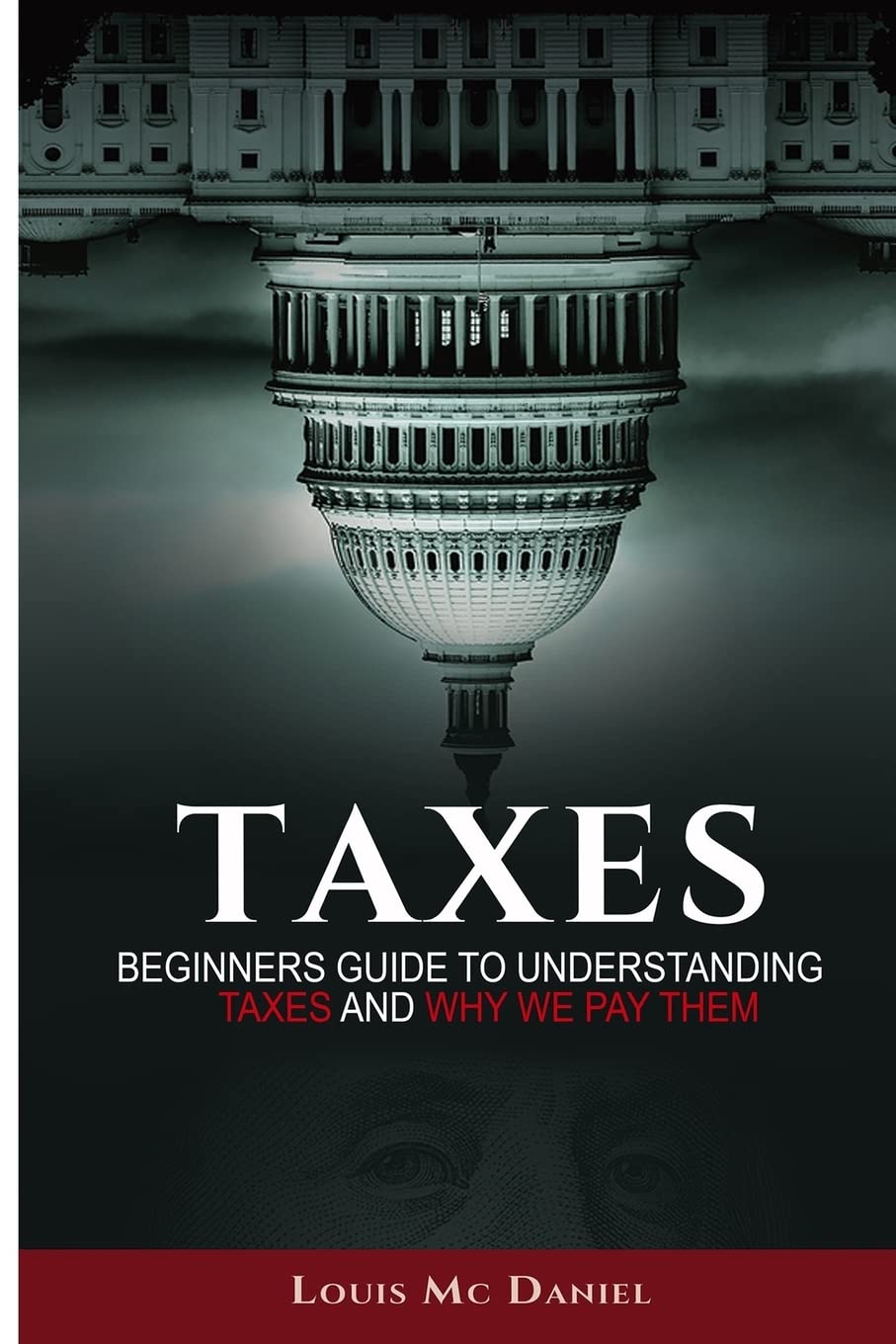Taxation Nation: Understanding the Basics
Welcome to the world of taxes, where understanding the basics is key to navigating the complex landscape of financial responsibility. Taxes play a crucial role in our society, funding public services and infrastructure that we rely on every day. In this article, we will delve into the fundamental concepts of taxation, shedding light on the importance of knowing the basics for everyday individuals.
Taxes are essentially compulsory contributions imposed by the government on individuals and businesses to fund public expenditures. These contributions are essential for the functioning of a nation, as they finance various services such as education, healthcare, transportation, and national defense. Understanding the basics of taxation is crucial for individuals as it affects their financial well-being and compliance with the law.
One of the key concepts in taxation is the tax rate, which is the percentage at which income is taxed. Different types of taxes are levied at varying rates, such as income tax, sales tax, property tax, and corporate tax. Understanding how these rates apply to your income and expenditures is essential for managing your finances effectively.
Another important aspect of taxation is tax deductions and credits. These are incentives provided by the government to reduce the amount of tax owed by individuals. Deductions are expenses that can be subtracted from your taxable income, such as mortgage interest, charitable donations, and medical expenses. Credits, on the other hand, directly reduce the amount of tax owed, such as the child tax credit or the earned income tax credit.

Image Source: media-amazon.com
Filing taxes is a crucial part of the taxation process, where individuals report their income and expenses to determine the amount of tax owed to the government. Filing taxes can be done through various forms, such as the 1040 form for individual income tax returns. Understanding how to file your taxes accurately and on time is essential to avoid penalties and ensure compliance with the law.
Tax planning is another important aspect of managing your taxes effectively. By understanding the tax laws and regulations, individuals can make informed decisions about their finances to minimize their tax liability. This can include strategies such as investing in tax-efficient accounts, maximizing deductions, and taking advantage of tax credits.
In conclusion, understanding the basics of taxation is essential for everyday individuals to navigate the complex world of taxes. By familiarizing yourself with key concepts such as tax rates, deductions, credits, filing taxes, and tax planning, you can effectively manage your finances and ensure compliance with the law. So, embrace the world of taxes with knowledge and confidence, and take control of your financial future.
Easy-Peasy Taxes: A Beginner’s Guide
Taxes can be a daunting topic for many individuals, but they don’t have to be! In this beginner’s guide, we will break down the basics of taxes in a simple and easy-to-understand way. Whether you’re a recent college graduate, a young professional, or just someone looking to better understand their finances, this guide is for you.
First and foremost, it’s important to understand what taxes are and why we pay them. Taxes are mandatory fees imposed by the government on individuals and businesses to fund public services and programs. These services can include schools, roads, healthcare, and more. By paying taxes, we all contribute to the well-being of our society as a whole.
Next, let’s talk about the different types of taxes you may encounter as an individual. The most common types of taxes are income tax, sales tax, property tax, and payroll tax. Income tax is a tax on the money you earn from working, while sales tax is a tax on goods and services you purchase. Property tax is a tax on the value of property you own, such as a home or land. Payroll tax is a tax that is deducted from your paycheck to fund programs like Social Security and Medicare.
When it comes to filing your taxes, there are a few key terms you should be familiar with. The first is your taxable income, which is the amount of income you are required to pay taxes on after deductions and exemptions. Deductions are expenses that you can subtract from your taxable income to lower the amount of taxes you owe. Common deductions include mortgage interest, medical expenses, and charitable contributions. Exemptions are similar to deductions but are based on your filing status and the number of dependents you have.
One of the most important documents you will need when filing your taxes is your W-2 form. This form, provided by your employer, outlines how much money you earned during the year and how much tax was withheld from your paychecks. You will use this information to fill out your tax return, which is a document that calculates how much tax you owe based on your income, deductions, and exemptions.
If you’re feeling overwhelmed by the idea of filing your taxes, don’t worry! There are plenty of resources available to help you navigate the process. The IRS website is a great place to start, with plenty of information and tools to guide you through filing your taxes. You can also seek help from a tax professional, such as an accountant or tax preparer, who can assist you in preparing and filing your taxes accurately.
In conclusion, while taxes may seem intimidating at first, they don’t have to be. By understanding the basics of taxes and familiarizing yourself with key terms and documents, you can navigate the tax-filing process with ease. Remember, paying taxes is a civic duty that benefits us all, so embrace the process and take control of your financial future. Happy filing!
Understanding Taxes: A Guide for Individuals